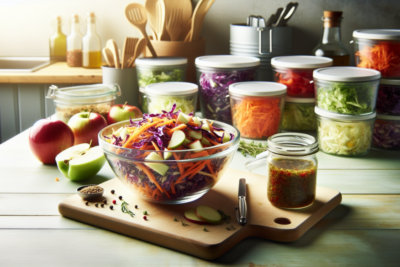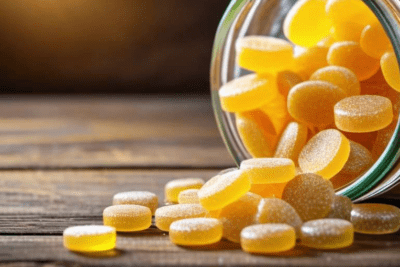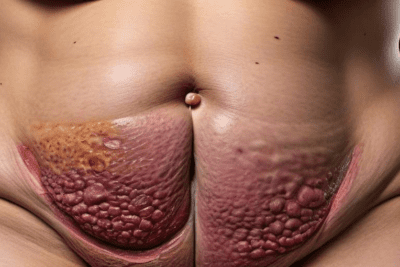
Quick Solutions for High Blood Glucose: A How-to Guide

- Quick Solutions for High Blood Glucose: A How-to Guide
- Understanding the Gravity of High Blood Glucose
- Common Indicators of High Blood Glucose
- Immediate Steps to Lower Blood Glucose
- Medication & Insulin Therapy
- Regular Monitoring for Consistent Control
- Stress Management & Mental Well-being
- Seek Medical Attention When Required
- The Role of Supplements & Natural Remedies
- Education & Continuous Learning
- Key Takeaways for Managing High Blood Glucose
Quick Solutions for High Blood Glucose: A How-to Guide
Understanding the Gravity of High Blood Glucose
High blood glucose, often referred to as hyperglycemia, is a condition that affects millions worldwide. It’s a prevailing concern, especially among individuals with diabetes. When our bodies have excess glucose in the bloodstream, it can lead to a plethora of health complications. Therefore, prompt and effective solutions are crucial.
Common Indicators of High Blood Glucose
Before diving into solutions, recognizing the signs is paramount. Some prevalent indicators include:
- Frequent urination
- Increased thirst and hunger
- Fatigue
- Blurred vision
- Slow wound healing
Immediate Steps to Lower Blood Glucose
- Hydration: Drinking ample water can help the kidneys flush out the excess sugar through urine. It’s a natural and immediate response to counteract rising glucose levels.
- Physical Activity: Engaging in moderate exercise, like a brisk walk or light aerobics, can stimulate muscles to use glucose for energy, thereby reducing blood sugar levels.
- Balanced Diet: Consuming meals that are low in carbohydrates and rich in fiber can prevent sudden spikes. Incorporate whole grains, leafy greens, and lean proteins into your diet.
Medication & Insulin Therapy
For those with diabetes, medication is often the first line of defense against high glucose levels. We recommend adhering to the prescribed medication schedule and dosages. Additionally, insulin therapy can be a lifesaver, especially for those with Type 1 diabetes. It’s crucial to administer insulin as directed by healthcare professionals.
Regular Monitoring for Consistent Control
Continuous glucose monitoring systems (CGMs) and regular fingerstick measurements are paramount. They provide accurate insights into glucose levels, ensuring you can take immediate action if levels start to rise.
Stress Management & Mental Well-being
Believe it or not, stress plays a significant role in blood sugar management. Elevated stress levels can cause sugar spikes. Engage in relaxation techniques such as meditation, deep breathing exercises, and even yoga.
Seek Medical Attention When Required
If one’s blood sugar readings are consistently high and do not respond to the remedies mentioned, it’s crucial to consult a medical professional. They can provide guidance on adjusting medication or other treatment protocols.
The Role of Supplements & Natural Remedies
There are several natural remedies and supplements that people believe can help manage blood glucose. Some of the noteworthy ones include:
- Cinnamon: It can improve sensitivity to insulin and has antioxidant properties.
- Chromium: Essential for metabolizing carbs, it might improve insulin sensitivity.
- Magnesium: A deficiency can result in insulin resistance, so maintaining adequate levels is beneficial.
However, it’s always advised to consult with a healthcare professional before incorporating any supplements into your regimen.
Education & Continuous Learning
Staying informed is half the battle. Engage in diabetes education programs, stay updated with the latest research, and be a part of support groups. Knowledge empowers you to make the right choices for your health.
Key Takeaways for Managing High Blood Glucose
High blood glucose, while challenging, is manageable with the right steps. Prioritizing hydration, a balanced diet, regular monitoring, stress management, and staying educated are fundamental aspects of managing and preventing hyperglycemia. Always stay vigilant, monitor regularly, and ensure that you consult with professionals when in doubt. https://diabetescurenow.com/









